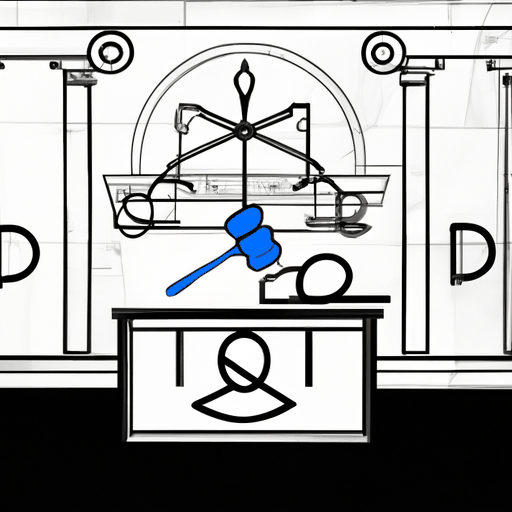
Controversies in Crypto: Misuse Accusations in DAOs and Crypto Scams
By: Eliza Bennet
Recent developments in the cryptocurrency landscape have stirred significant controversy involving accusations against the founders of Across Protocol and a high-profile court case in Moscow. The Across Protocol DAO has come under intense scrutiny following claims of illicit fund allocation, and a Russian self-styled 'crypto expert' known as "Bitmama" faces jail time for scamming investors out of millions.
In a contentious case surrounding the cross-chain bridge platform, Across Protocol, accusations have arisen regarding the alleged misdirection of $23 million in DAO funds by its founders. This controversy centers on claims that the DAO's governance was covertly manipulated to funnel these funds into Risk Labs, a company alleged to be closely linked with the protocol's founders. The allegations were brought to light by an on-chain investigator known as Ogle, who suggested that the project operates under the guise of decentralization.
Across Protocol and Risk Labs share a common founder, Hart Lambur, who has publicly refuted these allegations, stating that Risk Labs is actually a Cayman Islands-based nonprofit with no private shareholders. Lambur attempted to clarify the organization’s operations by releasing a certificate of incorporation and asserting fiduciary compliance. The situation spotlights the ongoing debate concerning the transparency and governance standards within decentralized autonomous organizations (DAOs). For more details about DAOs, interested readers can explore resources on Ethereum’s official site.
Meanwhile, in Russia, a Moscow court has sentenced a woman, dubbed "Bitmama," to seven years in prison for orchestrating a massive Bitcoin scam. The scam involved moving millions of dollars through informal cryptocurrency deals, which left numerous investors at a loss. This case highlights the persistent issue of fraud within the crypto space and poses questions on regulatory and security measures in place to protect investors.
Together, these instances underscore critical challenges in the crypto industry, including governance, transparency, and investor protection. The scrutiny on DAOs and the ongoing legal measures against crypto fraud reflect a growing need for robust frameworks to govern and secure decentralized financial platforms.



